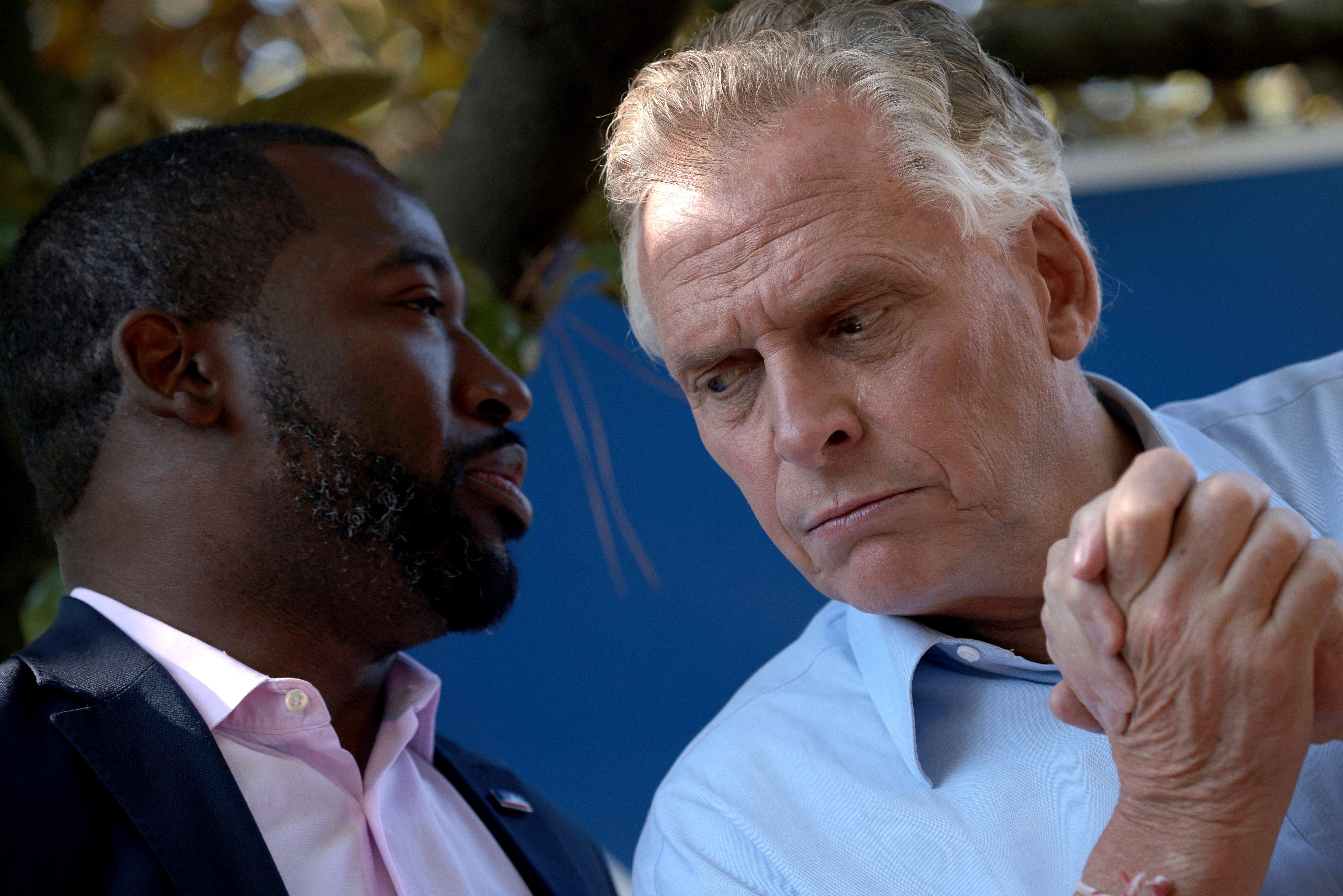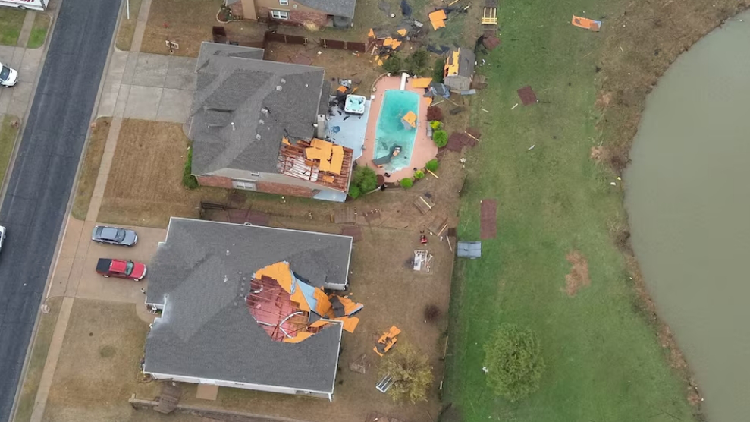McAuliffe backs Richmond Mayor Stoney in 2025 Virginia governor race
While his endorsement will not come as a surprise to many in the commonwealth, it may be a significant boost.


Former Virginia Gov. Terry McAuliffe is backing his protégé, Richmond Mayor Levar Stoney, in the competitive Democratic primary for his old job.
McAuliffe, a Democrat, told POLITICO first on Tuesday that he would be endorsing Stoney in the 2025 race. He is expected to make a formal announcement as soon as Wednesday.
While his endorsement will not come as a surprise to many in the commonwealth, it may be a significant boost: He brings a significant network of support and fundraising.
Stoney and McAuliffe have worked closely together for 15 years, McAuliffe said in a brief interview. Stoney led the Virginia Democratic Party and later joined his administration as secretary of the commonwealth starting in 2014. McAuliffe said the Richmond mayor would be a “team builder” who would bring a “tremendous amount of executive experience” and a base across the state.
Democrats are expected to have a contentious primary for the governorship in two years. Stoney is facing off against Rep. Abigail Spanberger, who is forgoing a run in her battleground House seat next year. Republicans, too, are expected to have a competitive primary, though no major candidate has emerged yet.
McAuliffe called Spanberger a “friend of mine” that he’s spoken to about the race.
The battle comes off of a successful off-year cycle for Virginia Democrats. Democrats took complete control of the state legislature, winning narrow majorities in both chambers — a rebuke of GOP Gov. Glenn Youngkin. Youngkin, who upset McAuliffe two years ago to win the governorship, invested heavily in the legislative races earlier this year.
Virginia has leaned blue on the federal level in recent years, although the state has had a series of competitive gubernatorial races this millennium. Part of that stems from Virginia’s unusual term limits: Governors can serve multiple terms, but they cannot do so consecutively, guaranteeing an open-seat race and a new chief executive every four years.
In practice, few governors run again after being out of office. McAuliffe was the latest to do so; he first won office in 2013 before mounting his unsuccessful comeback in 2021. Former Democratic Gov. Ralph Northam, who won in 2017, won’t be attempting a comeback either: He endorsed Spanberger’s gubernatorial bid in November. Spanberger also has the support of a handful of her congressional colleagues.
On the Republican side, Lt. Gov. Winsome Earle-Sears and state Attorney General Jason Miyares are widely seen as potential candidates.
Virginia Democrats intensely focused their campaign on abortion this year and won — an inverse of 2021, when Youngkin upset McAuliffe despite the Democrat’s promise to be a “brick wall” on abortion rights.
McAuliffe said the leak of Dobbs “changed the dynamic for our party across the country.” He predicted the fight over abortion rights “will be a huge factor” going forward, including in the 2025 governor race.
Virginia’s gubernatorial contests have long been seen as bellwether elections between presidential contests. In recent history, the party in control of the White House loses the Virginia gubernatorial election — McAuliffe’s 2013 win was a notable exception — so next year’s presidential contest could have a significant impact on the 2025 race.
Recent public polling in Virginia could be a warning sign for Democrats. A survey from Roanoke College after the election had President Joe Biden leading former President Donald Trump by just four points among adults, in a state that he carried by 10 points in 2020.
McAuliffe — who was also the chair of the Democratic National Committee in the early 2000s and floated running for president in 2020 — said Virginia was “still a purple state” and that Democrats are “going to have to work hard” to win it next year.
But, he reiterated, “abortion is a gigantic motivator to get our votes out.”












